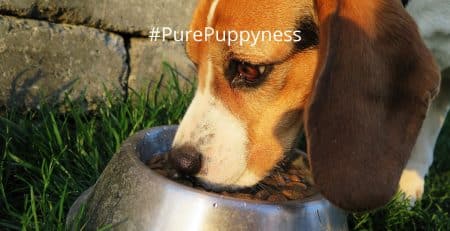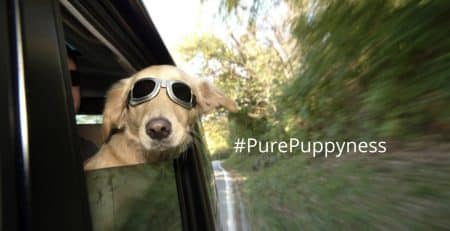Countryside rules for your dog
Sometimes a day in the country is the ideal break from the hustle and bustle of urban life. You can enjoy fresh air, new scenery, and a wonderful day out. It’s also an ideal place to take your dog, who is sure to appreciate all the interesting new sights and smells. But do you know the rules for dogs in the countryside? Have a look at our simple guide for what to do and what to avoid with your dog in the countryside.
Leash
Whether you choose to walk your dog on a leash depends on your dog. A well trained dog with good manners and recall will probably be able to enjoy time off-leash, coming back when you call him or her. In most countries, you can walk in public areas with your dog off-leash, but only if you can control them.
If your dog is younger, excitable, or fond of exploring, it may be safer to keep them on leash. The sight of livestock, horses and riders, or wild animals may be too tempting for your dog to resist inspecting, so keep them on a leash. This is especially important for hunting and herding dog breeds, which may have a strong instinct to chase or herd. Some countries also require dogs to be leashed when passing through areas with livestock or wildlife, or when crossing common land.
Gates
The rules may vary depending on where you live, but some countries permit you to cross common land. There may be gates that you can pass through. The rule of thumb is to leave gates as you find them. If you find them closed, then close them once you have passed through. The same usually applies to gates you find open.
Livestock
The countryside is full of many new sights and smells for your dog. Many urban dogs have rarely or never seen livestock. When passing areas with livestock, it’s better to be safe than sorry, so keep your dog on a leash. In some countries, farmers are allowed to shoot dogs that attack, injure, kill, or chase their livestock.
If you visit the countryside in early spring, be careful not to disturb the sheep as this is lambing season. As delightful as new-born lambs are, be sure to keep some distance and to keep your dog away from them. Sheep can be skittish, and panicked sheep may bolt and lose their lambs in the confusion.
Wildlife
Wildlife varies a lot depending on where you live, so you may want to do a little research so that you’ll know what to expect. If you live in England, for example, then probably the largest animal you’ll encounter is a deer, which are shy but won’t hesitate to fend off a too-curious dog with hoof and antler. If you live further north, then you may find yourself in the territory of larger, more dangerous animals such as moose, wolves, and bears.
Give any wildlife a wide berth: look but don’t touch. Don’t let your dog interact with wild animals, as there is a risk of spreading or catching certain diseases. Your dog and the wild animal could also injure each other. Keep your dog away from birds’ nests, especially in spring time when there will be eggs in the nests.
Cleaning up
The countryside is for everyone to enjoy, and you should leave it as you find it. Pick up any litter of waste, including dog waste. This is especially important to do in public areas such as paths. Dog faeces can spread parasites and diseases, and is just unpleasant for everyone, so be polite and responsible and clean up after Fido.
Enjoy yourselves
If you plan ahead and take these guidelines into account, then you should have a brilliant break in the country. Bring a picnic for you and your dog, enjoy long walks in new surroundings, and take in all the sights and sounds of the countryside.






















